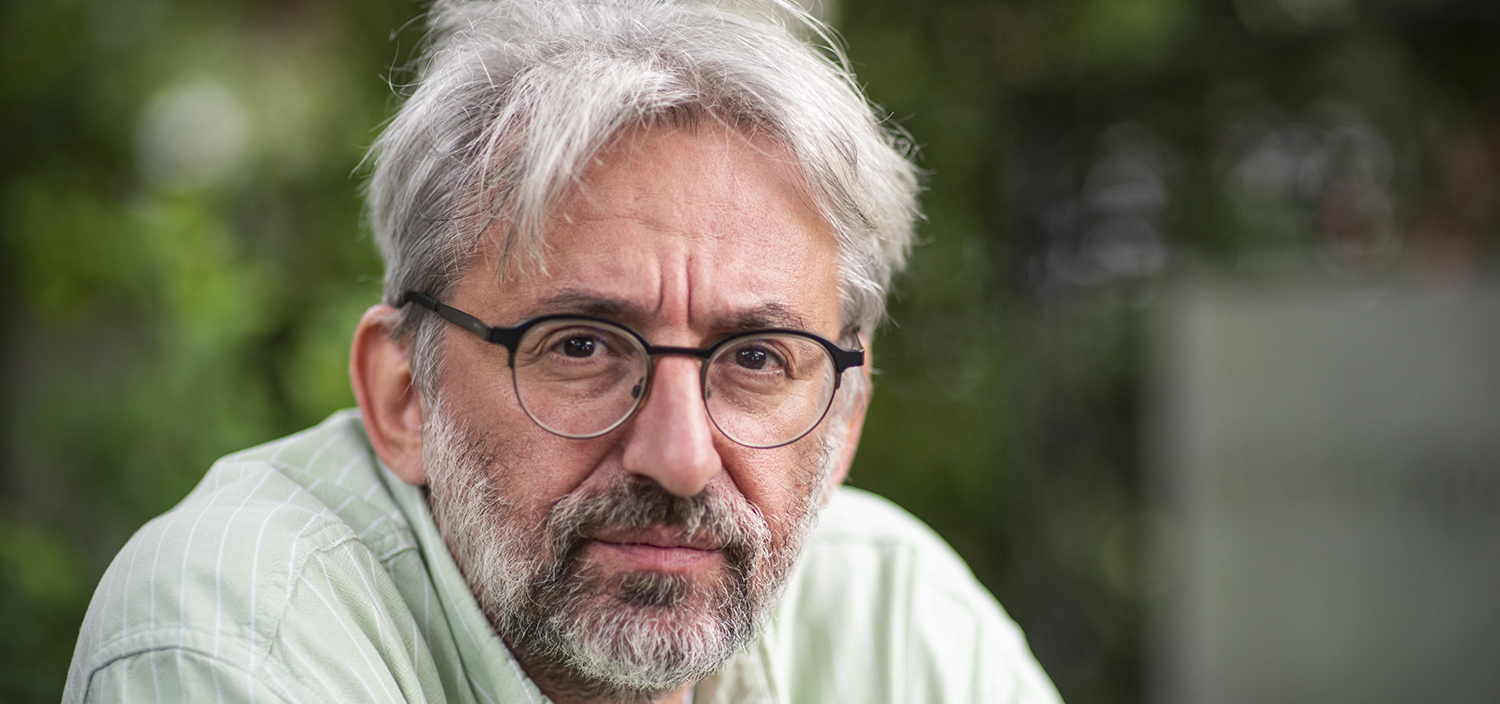
Nenad Veličković: At our university, we train teachers for an ethnic reading of literature
Rethinking Academia (Part 2) — Sarajevan professor and author talks ‘Academic Charlatanism,' nationalism in education and the far-reaching collapse of academic standards.
Academic ranks are held by apparatchiks whose mission is to work for the ethnic groups they belong to.
The book shows that a work that someone presents as scientific may be pure nonsense that is entirely redundant and useless to everyone.
Can this situation change? Realistically speaking — and I think this is what my book shows as well — it cannot, at least not now, or anytime soon.

Đorđe Krajišnik
Đorđe Krajišnik is a literary critic and a journalist at the Oslobođenje daily newspaper and the Dani magazine. In October 2017, he worked as a resident for the Berlin daily Der Tagesspiegel. His literary critiques and other texts have been published in magazines and on websites across the Yugosphere. His publications have been translated into English, German and Albanian. He reviewed and edited several books. Currently, he is working on his first fiction book that will be published soon, should the Muses be in his favor.
This story was originally written in Serbian.